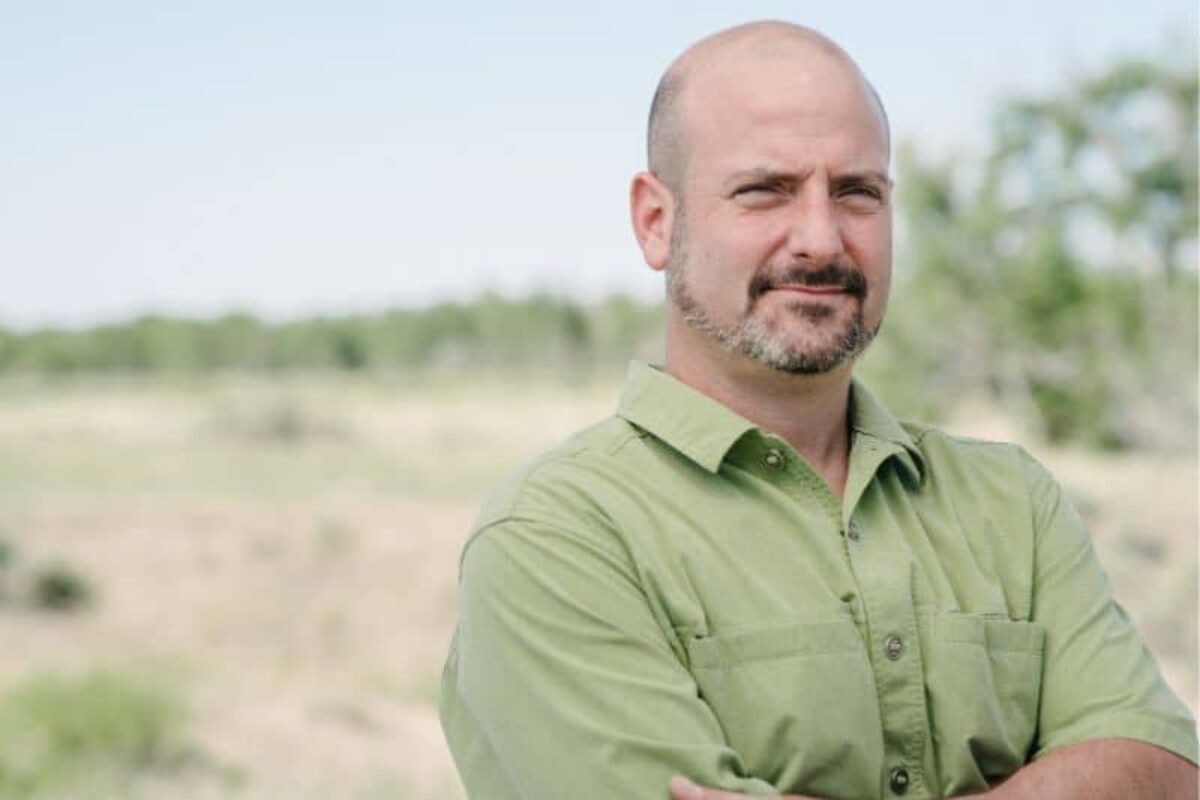This February, Ata Regenerative will be hosting a seminar and workshop series called “Unleash Productive Potential”, with a world-leading expert in regenerative design principles, Tre’ Cates, Managing Director of nRhythm.
These seminars and workshops will provide a rare opportunity for organisations to learn how to adopt regenerative design principles and create the conditions for health, engagement, and productivity in their business.
“Organisations can thrive because people can thrive. But that’s got to be designed.” – Tre’ Cates
Why regenerative design matters for organisational health
Disengaged employees (‘quiet quitters’) are costing the US economy $US450-650 billion dollars a year and costing NZ $7.5 billion in lost productivity. This represents a huge financial cost and lost opportunity. And the problem is hidden within the payroll.
We have taken an industrial system and applied it to a living environment and that is clearly not serving us. Our current business models tend to mimic industrial processes and machine-like functionality, embracing productivity, efficiency, and profit as the only meaningful metrics in a business. But our organisations are living systems, and when we treat them like ma-chines, the consequence is high employee turnover, disengagement, and deterioration of the system’s long-term health.
So, how can we design to encourage better engagement, participation, and health and unlock the hidden productivity (opportunity) lying untapped within organisations?
What do we mean by “regenerative design principles”?
Regenerative Design Principles (RDP) are a set of insights from living systems that we can use to evaluate whether our business model is regenerating or degenerating health and potential. This allows us to quantify the tangible cost or untapped potential sitting within organisations to stop the leaks and capitalise on opportunities – and it’s easier than you might think to implement.
nRhythm’s RDPs are informed by key insights into a systemic understanding of life, which, when implemented in organisations, create the conditions for better productivity outcomes. These RDPs frame our questions and guide the design, decisions, and day-to-day management of our organisations. These principles are interdependent, inform one another, and create a self-sustaining ecosystem of engagement and increased potential.
Having consulted with organisations across six continents and 35 countries, Tre Cates has proven to be indispensable in designing, developing, and implementing an organisation’s purpose for the future.
His industry experience is diverse, within much experience in the agri-food sector, including working with major meat packing plants in Texas to the well-known family farming business White Oak Pastures, and publicly traded companies and multinational organisations.
Multi-nationals demand regenerative credentials from their customers
Regenerative credentials are becoming increasingly important for organisations, especially as multinational companies demand them from their suppliers. For example, in the banking industry, banks are asking customers to describe their efforts to reduce their carbon footprint. Similarly, dairy giant Fonterra now requires commitments from its suppliers. This shift will continue and require some complex changes within organisations, making it essential for businesses to embrace regenerative principles.
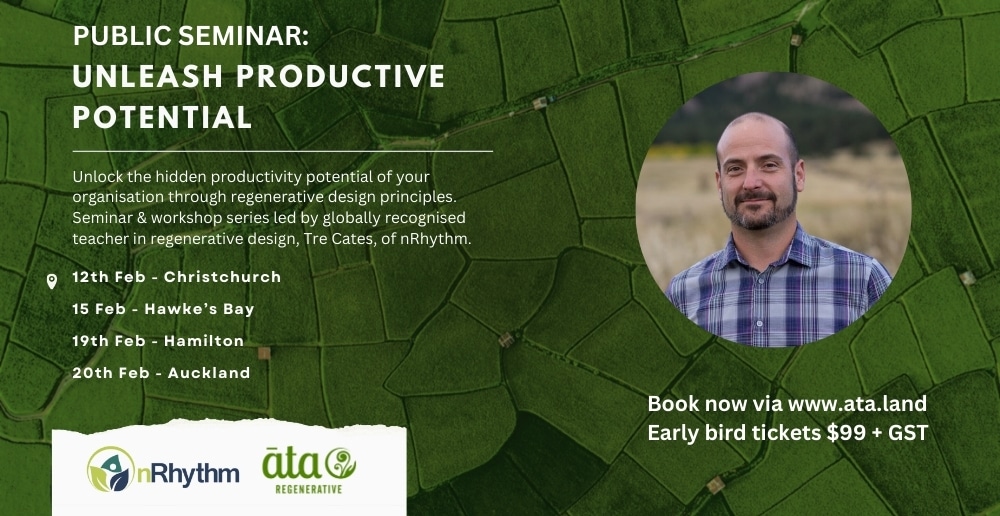
‘Unleash Productive Potential’ seminar and workshop series
The three-hour public seminars commence on 12 February in Christchurch. Learn more or secure your spot by clicking on the location you are interested in.
SEMINARS
CHRISTCHURCH – 12 February 2024
HAMILTON – 19 February 2024
AUCKLAND – 20 February 2024
We are also facilitating public workshops for an interactive, hands on experience.
WORKSHOP
HUNTERVILLE – 14 February 2024
The seminars will cover the following:
- An introduction to the Regenerative Design Principles and how they are relevant to organisational design
- The Regenerative Framework and how it creates conditions for health, engagement, and productivity
- How to build the Regenerative Framework into your business as a regenerative design, planning and management tool
- How to leverage RDP to achieve optimal regenerative outcomes (resulting in increased engagement, productivity, and profits) within your organisation
Who are these workshops for?
The workshops and seminars are a unique opportunity for organisations from the farming, food, and supply chain industries, service-based enterprises, SMEs, and businesses supplying export markets and multinationals.
Private workshop opportunities
If your organisation is ready to embark on the journey toward becoming a regenerative organisation, we invite you to express your interest in our private workshops. This involves a more immersive programme tailored to your specific organisational needs.
These half-day workshops are specially designed for leadership teams and departments seeking to embrace regenerative principles.
Enquire here about a private workshop for your organisation.
“Revealing genius in others should be one of the greatest priorities and motivations for leadership in the workplace, in our communities and in our societies.” – Tre’ Cates
About the Speakers
Tre’ Cates & nRhythm
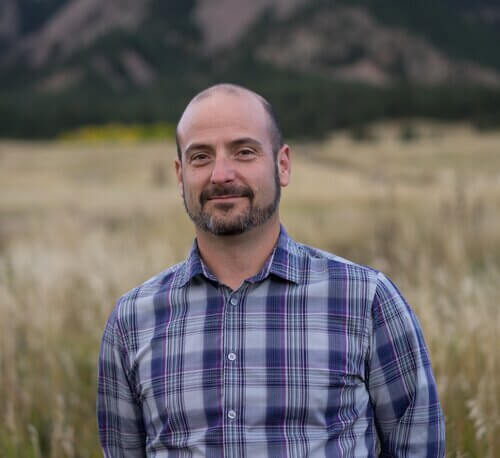
Tre’ Cates is the Managing Director of nRhythm based in the USA. Tre’ consults with organisations in various industries across six continents and 35 countries. He has proven to be indispensable in designing, developing, and implementing an organisation’s purpose for the future. Tré has a BA in Philosophy from Ouachita Baptist University and an MA in Theology from Southwestern Seminary.
Dr. Hugh Jellie & Ata Regenerative
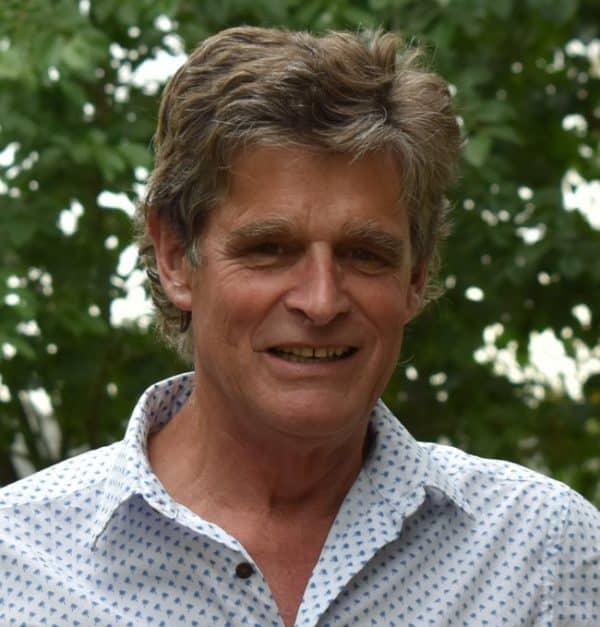
Dr Hugh Jellie is the CEO & founder of Ata Regenerative, an organisation that, for the past decade, has been bringing greater sustainability and resilience to NZ farmers and their communities through the adoption of regenerative farming practices. He is accredited by the Savory Institute as a Field Professional and an Ecological Outcome Verification Verifier.
Ata Regenerative is the Savory Institute’s only certified Ecological Outcome Verification provider in New Zealand, working with 200+ farming enterprises and are affiliated with the global Land to Market programme.
Could your business be a regenerative organisation?
Regenerative design is seen as a way to create the conditions for health, abundance and resilience to thrive. Where the traditional hierarchical, mechanistic approach to managing organisations, farms, and people is failing us, there is a global movement toward radical reimagining of our land and organisations as complex living systems with unrealised potential.
Join the movement, and don’t miss this opportunity to unleash your organisations productivity and learn the principles of regenerative design.
We invite you to be part of these special seminars and workshops where you can design an organisation that thrives!
We look forward to seeing you there.
Book your spot HERE.

